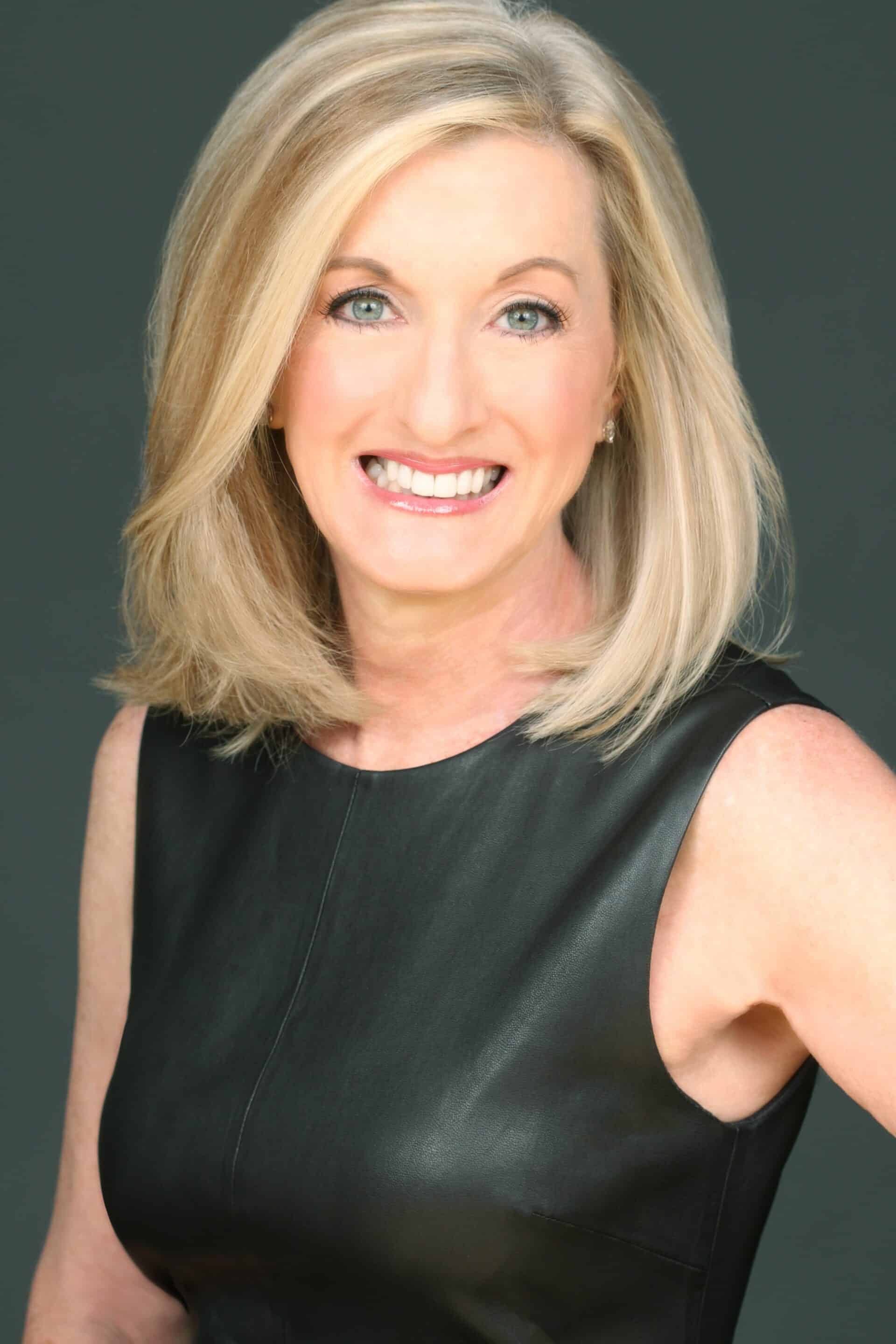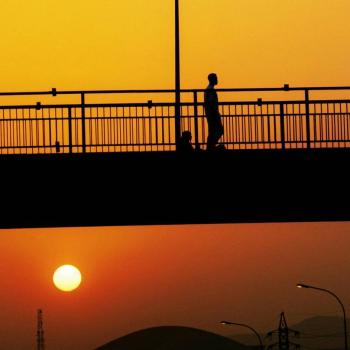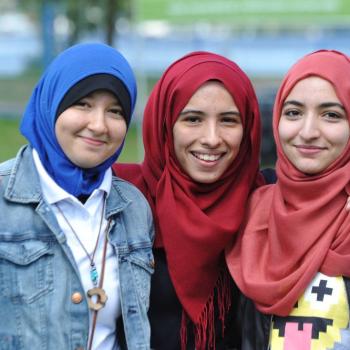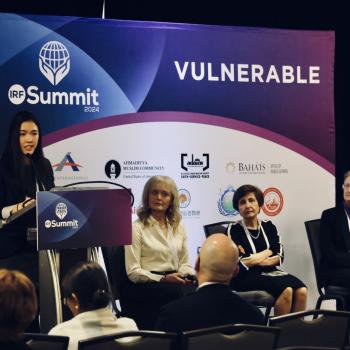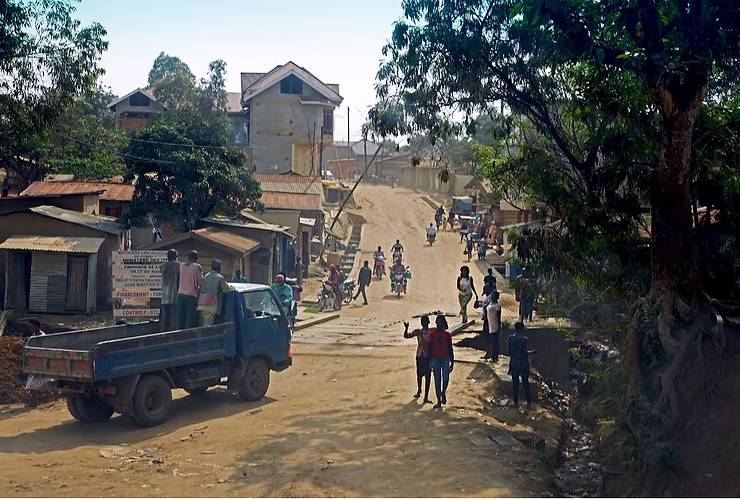
When Persecution Becomes Politically “Inconvenient”
Evil exists in the world. We know this, yet it’s hard to understand when we see it up close fully. The cruelty feels too extreme, too inhuman to make sense of.
Fear Permeates All Aspects of Jewish Life

The Bibas boys were kidnapped by Hamas and murdered by Gazan citizens. Hamas placed their bodies on display before being handed over to the Red Cross—a level of brutality that defies words. Yet, half the world stayed silent.
It is not surprising that fear permeates all aspects of Jewish life. Anti-semitism in the US and Europe is at record highs. Israeli football fans were attacked by groups of young men in the Netherlands and evacuated in November. College students are harassed on campuses and in the classroom. Parents worry for their children’s safety at home and abroad.
Attacks Against People of Faith Thrive
However, attacks on people of faith are not limited to one religion—they are growing across many religious communities.
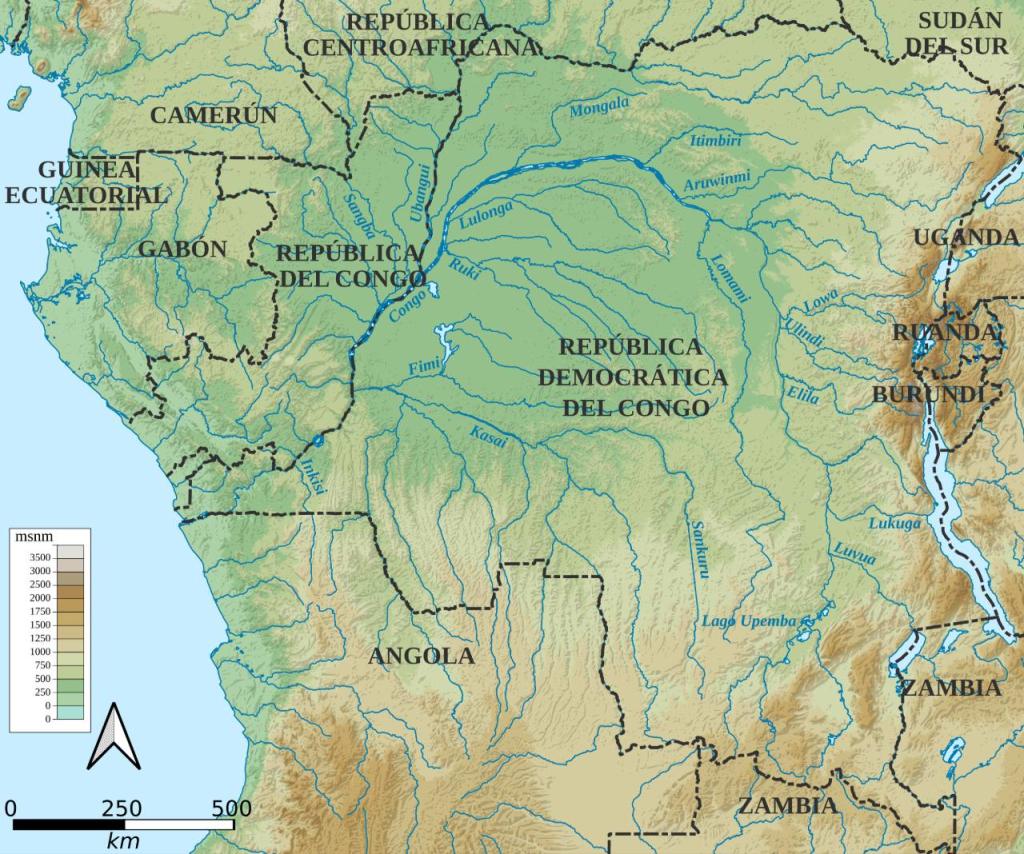
Open Doors’ World Watch List reports that in 2024, approximately 310 million Christians experienced very high or extreme levels of persecution. In Sub-Saharan Africa alone, Christians make up a significant portion of the displaced population, accounting for an estimated 16.2 million out of 34.5 million displaced individuals.
In the Congo, ISIS terrorists stormed a small village church, beheading 70 Christians with machetes. A Sharia-based legal system has targeted Sudan’s Christians since 2011, burning churches, jailing pastors, and crushing religious freedom.
Persecution: A Footnote in Great Power Struggles
The question is not whether this violence exists—it does. The question is, why do we ignore it? Has this kind of persecution increased, or do we see more of it now with 24/7 news and social media? Either way, it’s harder to dismiss. And yet, civilized people do.
Religious persecution, once a defining concern of human rights advocacy, is now a footnote in great power struggles. It is ignored when politically inconvenient and waved away when it complicates diplomatic goals. China’s economic power shields it from serious consequences for its treatment of Uyghur Muslims and Christians. India’s strategic importance allows religious violence against Christians and Muslims to go largely unchallenged. Russia’s destruction of 400 Ukrainian Baptist churches and imprisonment of Christian leaders is met with silence when broader security interests take precedence. The same pattern exists in Africa, the Middle East, and beyond.
We Can’t Afford to Look Away
When terror and persecution are allowed to grow, they don’t stay contained. They spread. We cannot afford to look away if we believe in human rights, freedom, and basic human dignity.
- Push the media to cover these atrocities. Public awareness shapes political action, and silence enables further violence.
- Write letters to the editor, participate in podcasts, and engage on social media. Demand news organizations cover the victims and hold them accountable for reporting the truth.
- Teach the next generation to see the truth, stand against wrong, and protect the values that keep us free.
- Hold our elected leaders accountable for these values because, without strong leadership, our freedoms and morals will continue to decline.
Recognizing crimes against humanity based on one’s religion should never be a matter of political convenience. It cannot be a bargaining chip, a negotiating stance, or a “yes, but” excuse. We invite our destruction when we ignore evil, mistaking wealth and power for righteousness.
A world that ignores evil will not stay free for long. If we do nothing, we don’t just lose our history—we lose who we are.
To find out more about OpenDoors U.S. click here.
If you like this article please leave your thoughts below, we are interested in your opinion.


